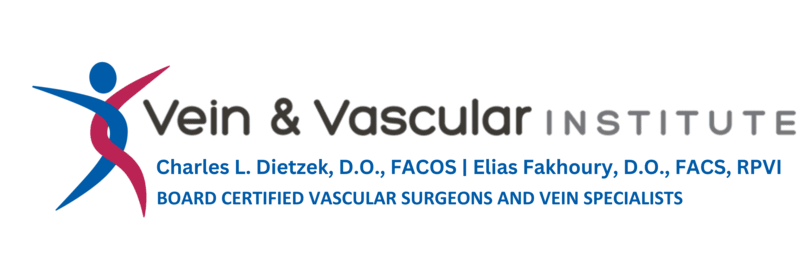Deep vein thrombosis or DVT is a serious medical problem that occurs when a blood clot forms somewhere in a deep vein – most often your leg. Without treatment, the clot can break free and travel to other areas of your body, including your lungs. Although it’s one of the most serious vein problems you can face, DVT can be treated. The key is to understand the warning signs so treatment can begin as early as possible.
Table of Contents
ToggleDVT and Vein Health: Know the Symptoms
Learning to recognize the symptoms of DVT is important for maintaining optimal vein health. DVT can cause different symptoms depending on where the clot is located, the size of the clot and other factors. Most patients who have DVT experience one or more of these telltale signs:
- Swelling in the leg or arm that contains the clot. Swelling occurs because the normal flow of blood in the area is impaired. That allows fluid to build up in the area, and it can also cause inflammation that can contribute to swelling. Since most people develop a clot in only one leg, the swelling will be present in just that leg; swelling in both legs often is a sign of another disorder. Having a vein evaluation can determine the specific cause of swelling so the most appropriate treatment is provided.
- Pain in or near the affected area. The pain associated with DVT can range from a dull or throbbing ache to sharp, cramp-like pains. These pains are your body’s way of telling you the surrounding tissues are not getting the blood they need to stay healthy. Leg pain – especially persistent or chronic pain – should never be ignored.
- Skin that appears redder or pinker than the surrounding skin. Sometimes, a DVT will cause the skin over the clot to turn pink, almost like a burn.
- Warmth over the affected area. As inflammation around the clot develops, the skin over the area may begin to feel warmer than the surrounding skin.
Sometimes, DVT causes no noticeable symptoms. Having routine vein evaluations, especially if you’re at risk for vascular disease or you have varicose veins or spider veins, is an important part of maintaining vein health and detecting problems like DVT in their earliest stages.
Stay healthy: Learn more about vein treatment.
As a top provider or state-of-the-art vein treatment options in the South Jersey region, Dr. Charles Dietzek is skilled in diagnosing and treating deep vein thrombosis, using the most advanced techniques tailored to suit each patient’s unique needs. If you think you may be suffering from DVT or if you have other unusual symptoms in your legs, feet, hands or arms, take the next, important step toward better vein health. Call the Vein & Vascular Institute at 856-309-8346 and schedule an office visit today.
